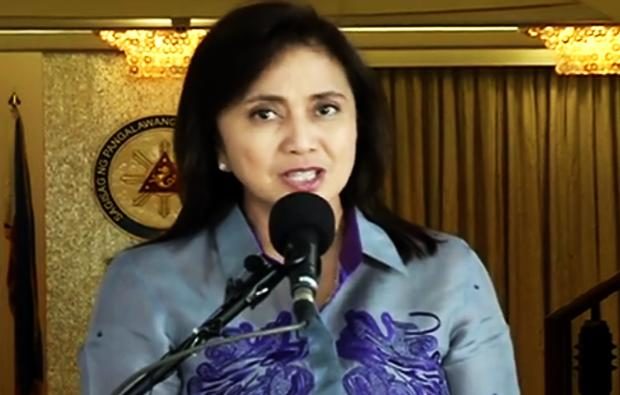NAGA CITY – Vice-President Leni Robredo on Thursday said stakeholders should revisit the tax reform for acceleration and inclusion (TRAIN) law as it continuously affects most poor Filipino families.
“It’s distressing because when we know that this is how high [prices] have become, it means the poorest have to sacrifice more. Those who have more, the middle class, they still have a buffer,” Robredo said.
According to Robredo, the TRAIN law has so many implications, including the unexpected inflation rate.
“Hindi na-predict na ganito kataas iyong inflation, kaya kailangang i-revisit iyong safety net ng TRAIN,” she said.
(They were not able to predict that the inflation would be this high which is why they have to revisit the safety net of TRAIN.)
“Number two, even if they say that the P200 (safety net) of the 10 million is enough for the targeted beneficiaries then, as of two weeks ago, only 4.4 million were given. The rise in prices was noted at the beginning of the year. Gustong sabihin na sinakripisyo na ng mga kababayan natin na mahihirap iyong mula January hanggang ngayon,” she added.
(It means that the poorest among us have already made sacrifices starting January until now.)
“Our only prayer is that TRAIN be suspended and revisited, especially the provision on safety nets because, with the rise in the prices of commodities, the P200 a month is really not enough,” she said.
Under Section 81 of the TRAIN Act, the government will give a monthly financial aid of P200 to beneficiaries per month for the first year, and P300 for the second and third years.
Robredo also tackled the price increase of rice.
“For example, it wasn’t predicted that the price of rice would have this much effect. While it is true that it wasn’t all due to TRAIN, because there are more external factors that caused it, it wasn’t expected that the problems with NFA would also contribute in the increase in the price. The inefficiency and wrong decisions. The last minute decision to import, our fellow countrymen were truly affected,” she said.
“The implication of this is that a big chunk of the daily budget of the poor is for rice. So the slightest rise in the price of rice affect their lives,” she also said.
